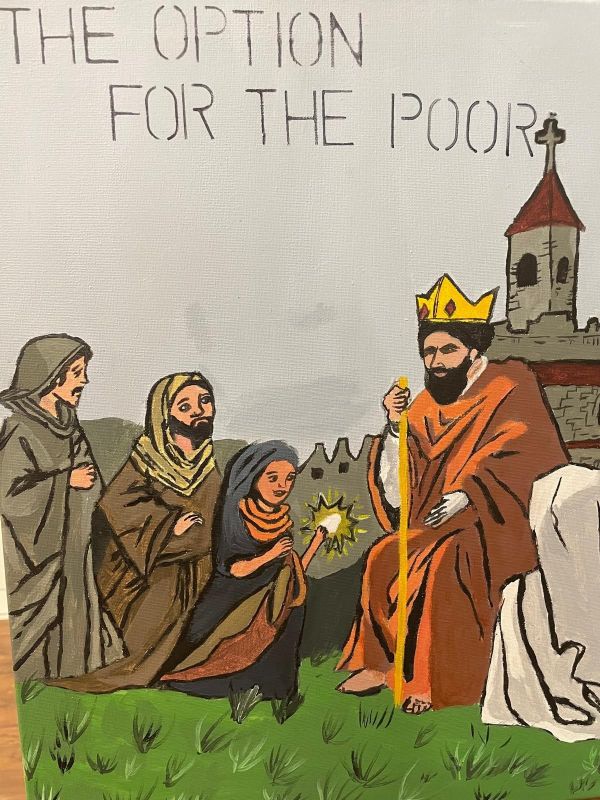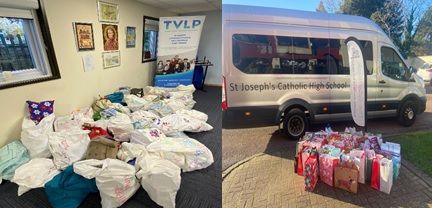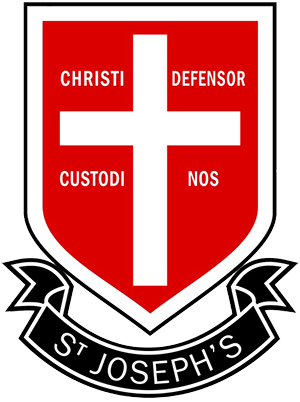Our School
Option for the Poor and Vulnerable

Work by Styne Carvalho
If anyone has material possessions and ignores his brother in need, how can he love God? 1 John 3:17
At St Joseph’s we promote an option for the poor in all we do. God’s love is universal; he does not side with oppressors, but loves the poor and humble. In Luke’s Gospel, as Jesus begins his ministry, he states clearly those principles which will guide him. He talks about being ‘Good News’ for the poor, and throughout the Gospel demonstrates his compassion for and his involvement with those on the margins of society. He overturns convention: those who are poor are blessed
This is our call today to hold a preferential option for the poor.
Pope Benedict in his encyclical Deus Caritas Est reminded us that caring for those who are poor is a defining characteristic of the church and that the definition of poor extends beyond those who lack physical wealth and extends to those in any form of need. The Psalmist reminds us that “God does not forget the cries of the poor” and neither should we.
The Church's love for the poor ... is a part of her constant tradition. This love is inspired by the Gospel of the Beatitudes, of the poverty of Jesus, and of his concern for the poor. Those who are oppressed by poverty are the object of a preferential love on the part of the Church which, since her origin and in spite of the failings of many of her members, has not ceased to work for their relief, defence, and libertation
Where is it seen at St Joseph’s
The Catholic Social Teaching principle of the Option for the Poor is integrated across the curriculum, emphasizing the preferential treatment of the poor and marginalized. In R.E., students explore how poverty and materialism are addressed in the teachings of Jesus, and in Year 11, they delve into Catholic views on poverty, including Pope Francis' teachings on social justice. In Geography, students study how vulnerable populations are affected by natural hazards and climate change, while History examines the impact of social issues such as migration, discrimination, and civil rights movements. French and Spanish curricula also address social issues, focusing on homelessness, charity, and supporting disadvantaged communities. PSHE promotes discussions on social justice, equality, and systemic oppression, fostering empathy for the poor. In P.E., socio-economic barriers to sports participation are discussed, and in Art, students explore the struggles of artists from different socio-economic backgrounds. Technology and Design highlight the ethical considerations in product design for social good, such as creating affordable solutions for poverty. Drama and Music also address socio-economic disparities, with themes of inequality and the impact of poverty explored through various works. Law students consider access to justice for the poor, while Sociology and Psychology examine the broader societal effects of class and economic inequality.
Within our Pastoral care, helping those that are poor and in need is at the heart of what we do. During the year many charitable acts are practiced such as raising awareness and support for: Access to Shine, SVP Christmas hampers, Baby Bank Appeal, Hopefull, our Lenten Fundraising Fridays as well as other charities supported as and when needed.

